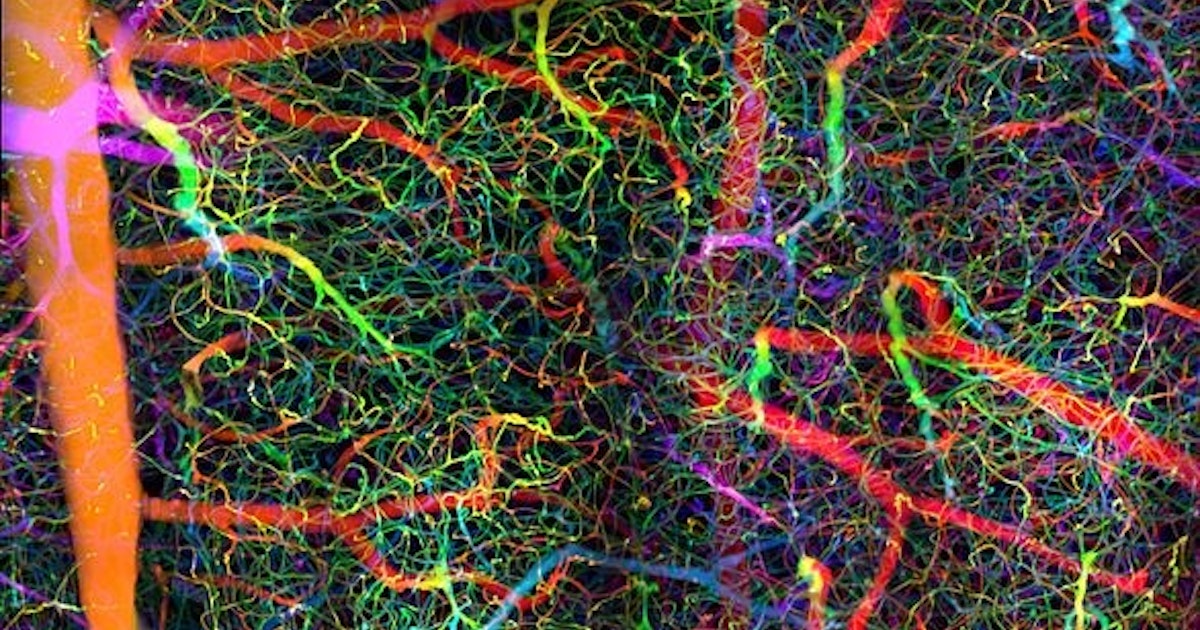Found an interesting article that I think explains why my touted 1-2mg of d-meth added to a normal MDMA experience greatly enhances the effects while still being very roll like in nature.
In this article it was seen in rats also being given chemotherapy drugs, which made them more effective.

 massivesci.com
massivesci.com
So I’m assuming this same could apply to psychoactive drugs as well?
-GC
In this article it was seen in rats also being given chemotherapy drugs, which made them more effective.

Methamphetamine can ferry other drugs across the blood-brain barrier
Giving rats small doses of meth along with cancer drugs increased transfer of the cancer-targeting medicine into the brain
So I’m assuming this same could apply to psychoactive drugs as well?
-GC
